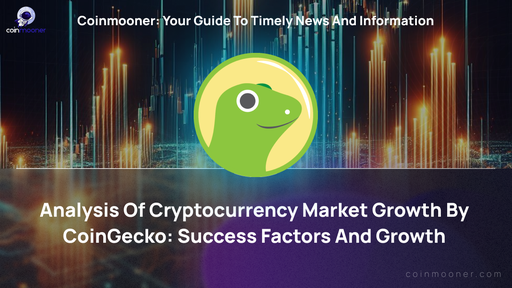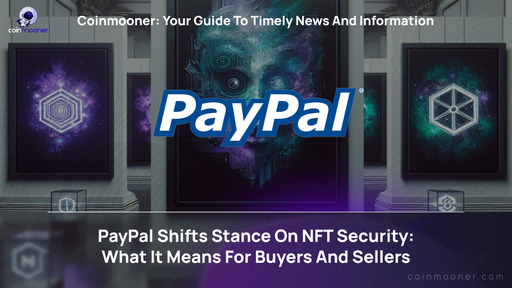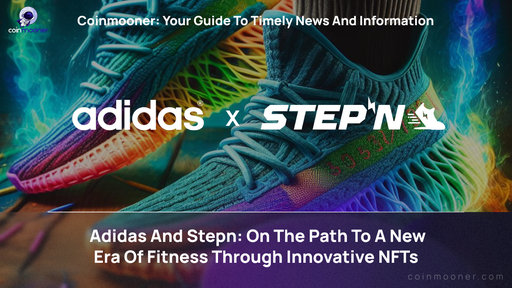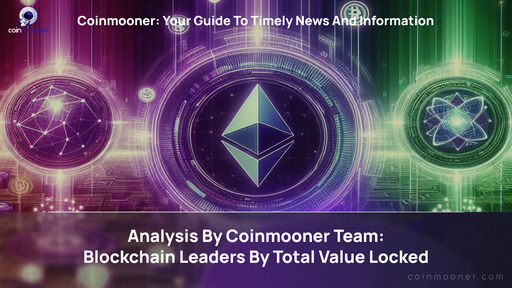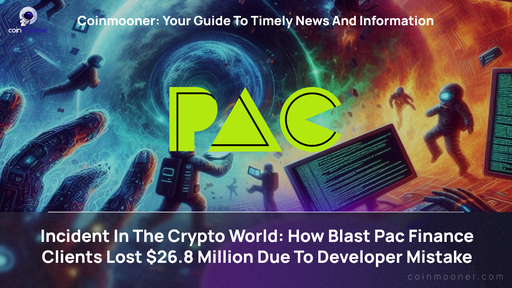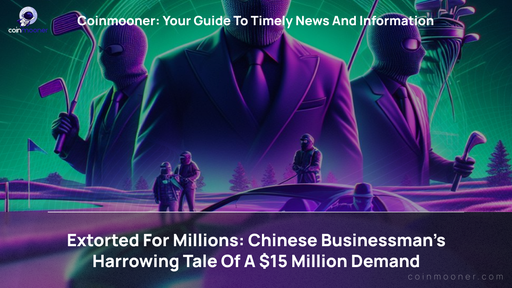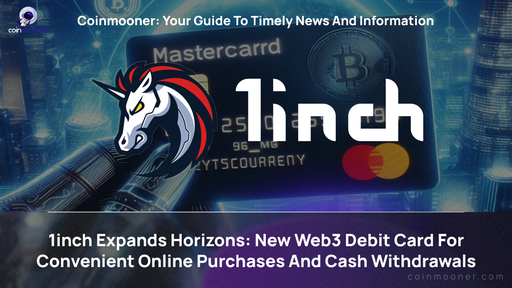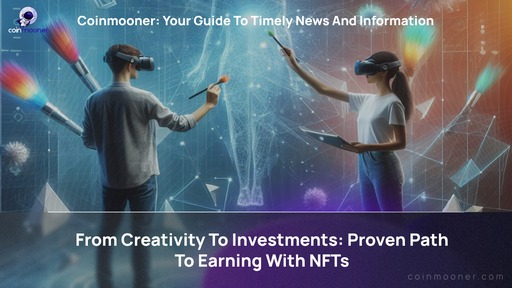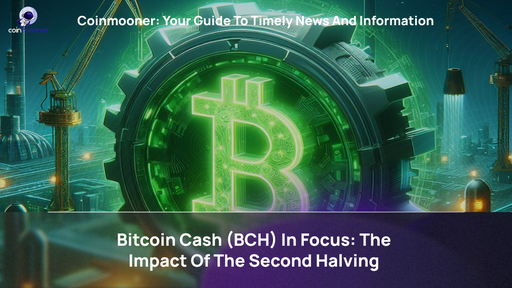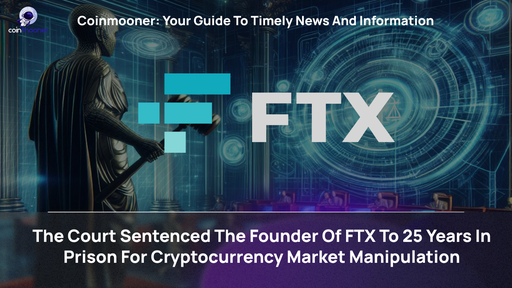What Is a DApp and How It Works: A Guide 2022


What Are DApps?
A brief answer to the question “What is a dApp?” would be open-source software using smart contracts to execute transactions on a blockchain. According to the definition, DApps are apps that do not fall under the control of any entity. They are run by several nodes in an ecosystem.
History
Everything began with the development of peer-to-peer file sharing, which predated the invention of blockchain. While launching BTC was a major step, Ethereum, which was also based on the blockchain, opened many more opportunities for developers and users. The main idea behind this technology was to provide people with a possibility to interact for various purposes without having to use the services of third parties. Smart contracts were also used to that end.
In 2014, a report explaining the DApp notion saw the light. This document contains a clear answer to the question: What is a dApp? A DApp must include open-source code. No third parties can be involved in its work. So, only users have full control over such applications. All the information is transparent and publicly accessible. Such an application must have a cryptographic token. Today, DApps are widely used for direct transactions between users.
Types
There are three main types of DApps:
Difference Between a Centralized and Decentralized App
Now that some explanations to the question “what are decentralized applications?” have been provided, it is time to find out if there is a difference between them and centralized apps.
Centralized apps are owned and run by a single company. Usually, they operate on a single server. Such an application works in a pretty simple way. Once it is downloaded, the app starts exchanging data with the server. In essence, the software will not work without a proper connection to the server.
Examples of centralized applications are popular platforms, such as:

As for decentralized applications running in a blockchain network, users pay some amount of cryptocurrencies to the developer to download a source code or “smart contract.” The code generates a new copy of the application on the user’s device, which creates a new “block” in the blockchain.
Examples of decentralized apps include:
How Does It Work?
DApps use the Ethereum blockchain to store data and smart contracts for their application logic. They have great potential due to their specifics. Not only is it important to know what decentralized applications are but also to understand how they work.

Smart contracts
The question “What is a decentralized app?” is closely tied to the “smart contract” term. It is a program running on the Ethereum blockchain. Since a smart contract is a type of Ethereum account, it has a balance. Also, it can send transactions throughout the network.
User accounts can interact with smart contracts by submitting transactions based on the smart contract conditions. The latter ones are similar to conditions specified in a traditional contract. Smart contracts allow developers to create apps, taking advantage of blockchain reliability, security, and accessibility.
Open-source Code
Open-source code is another notion tied to the question of what a decentralized app is. According to the DApp definition, it must be open-source. Such a code is accessible for everyone to inspect, modify, and improve. DApps also have to be publicly available, including their historical transactions.
However, some DApps come with a fully or partially closed source. In 2019, only 15.7% of DApps were fully open-source, while 25% of DApps were completely closed-source. Open-source DApps are usually used by a greater number of users.
What Are DApps Used For?
DApps are used in various industries, including finance, gaming, fundraising, and others, to provide users with quicker and more efficient access to a variety of services. Considering that developers can be highly creative when building such apps, the scope of their use is expected to grow.
Finance
It is not difficult to answer the question: How do DApps work in the financial field? Such applications are used by moneylenders and borrowers. In a traditional financial system that includes various financial institutions, such as banks, lenders generate income by loaning out their money to those in need. However, banks take a solid part of their earnings for providing intermediate services.
Thanks to a DApp, lenders get all 100% of revenue without having to share anything with intermediaries. Therefore, the use of DApps is so beneficial for investors. Also, they have all control over their funds.
Borrowers can also take advantage of DApps. In the traditional system, it may be challenging to find funds quickly, especially having a poor credit score. Such problems do not occur in the crypto world. The borrower can negotiate rates with the lender. The procedures are conducted quickly thanks to smart contract technology. Also, the use of DApps eliminates the need for help from third parties, such as lawyers.
Voting and Governance
So, what are DApps used for when it comes to voting and governance? Usually, voting is not a simple procedure. It often requires undergoing different steps of validation. Some people cannot use their voting rights due to a lack of proper housing.
Thanks to smart contracts, voting can become available for everyone without any restrictions. This is how it can work. Once a voting form is created, users can vote using tokens. Everything is extremely easy. All the votes are stored in a decentralized network, which makes it impossible for someone to alter them. Additionally, it is possible to add the term to reward voters to the conditions of smart contracts, which will work as an incentive to attract more users.
Fundraising and Advertising
It becomes challenging for advertisers to do their job due to special applications blocking ads online. What can make users refuse to skip ads is the possibility of earning some crypto for that. This option is provided in a browser DApp. Users can surf the Internet as they usually do while watching some ads.
Social Media
There is a range of popular social media platforms running on a centralized basis. So, how to use DApps for this purpose? This works pretty much similar to traditional social media. However, users have a range of benefits to enjoy. They include the absence of censorship. So, this is where freedom of speech is all around. At the same time, the community has the option to hide certain comments or posts by voting.
There are also more opportunities for influencers. On traditional social media platforms, companies take a lion's share of the revenue. However, influencers will be able to generate a solid income with a tipping system built in a DApp.
Gaming
Gaming is, in general, a very popular industry. Traditional games are centralized, so there is no chance to share items and experience across other games. DApps provide for exchanging or trading them. This makes gaming more interesting and allows actually earning something from such an activity.
An opportunity to earn crypto for gaming is highly attractive for plenty of users from all over the world. Considering the rapid pace at which the gaming industry develops, the number of gaming DApps will likely increase drastically within a short time.
Why Are DApps Important?
They solve a variety of problems, such as censorship. They can be implemented in various industries, helping resolve their existing issues.
The Future of Decentralized Apps
The future of DApps is bright. They are already actively used in a wide range of industries, and considering the advanced technology capability, developers can be as creative as they want in designing stunning applications.
If we return to the question “How do DApps work?”, we will see the absence of third-party regulations, hassle typical of modern applications and traditional systems, and many other issues. It is also worth mentioning low or no fees for various transactions.
People appreciate convenience; therefore, they quickly switch to more effective solutions. Another thing that makes the use of DApps attractive is good protection. They do not run on centralized servers, so they are invulnerable to various types of attacks. Also, such applications are available at any moment, so there is no downtime.
At the same time, it is important to mind some drawbacks. Blockchain, smart contracts, and other technologies specific to the cryptocurrency world remain vague for lots of people. In particular, DApps are used by less than 200,000 across the globe. However, those people are regular users of such solutions.
Another challenge is that this application type is not that easy to develop. While developers get more and more experience, some tasks can still be difficult for them.
Yet, there are high chances that decentralized apps will be used more intensely in the future. It will be possible to manage existing issues and improve user experience over time.
Pros & Cons of Decentralized Applications
Along with the answer to the question “What is a dApp?”, it is also important to explore its benefits and drawbacks. This will help understand whether it is worth using these apps.
There is a wide range of advantages, lots of which have already been mentioned in this article. However, let’s summarize everything briefly for better readability:
As for the disadvantages, they are as follows:
Conclusion
At the moment, the number of DApps users is not high. However, those who have tried them use such applications regularly. There are significant benefits to these solutions, such as direct access by users, high speed, reasonable fees, and various unusual opportunities. Some disadvantages also exist, though. It is difficult to predict how quickly the market will grow, but it will surely do.
Frequently Asked Questions
What Is a DApp?
A decentralized application is an app created on a decentralized network. It combines a smart contract and a front-end user interface.
How Do DApps Work?
DApps run on a blockchain network in a decentralized environment, allowing everyone to access its functionality.
What Are DApps Used For?
Such apps are used in various industries, from finances to gaming. They enable direct transactions between users without the involvement of third parties.


